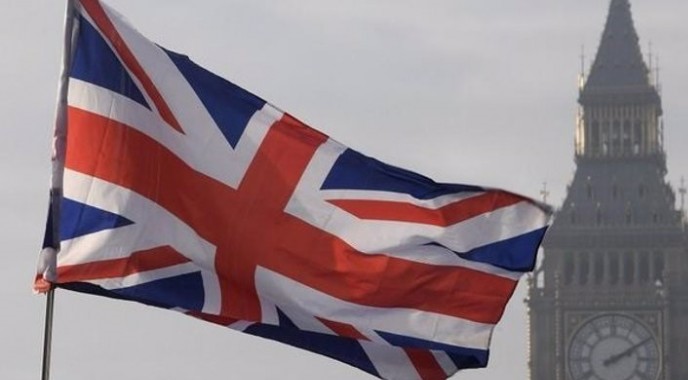
Plummeting Factory Production and Interest Rate Pressure
A recent survey casts a shadow over the UK economy, indicating a possible contraction in the current quarter and putting the possibility of a recession at risk. This study has revealed a marked decline in factory output, accentuated by pressure from rising interest rates.
Composite Purchasing Managers’ Index (PMI): A Worrying Indicator
The Composite Purchasing Managers’ Index (PMI), compiled by S&P Global/CIPS, has declined to 47.9 in August from 50.8 in July. This preliminary estimate has fallen below all expectations raised in a Reuters poll of economists. The current reading represents the lowest figure since January 2021, when the country faced restrictions due to the COVID-19 pandemic. In addition, this marker has crossed the 50 barrier, which divides growth from contraction, for the first time so far this year.
Persistent Challenges: Inflation and the Legacy of Crisis
The British economy, already hit by inflation, the aftermath of COVID-19 and the Brexit process, faces new challenges. Despite having largely avoided recession predictions since the third quarter of 2022, when numerous businesses closed due to Queen Elizabeth’s funeral, growth has been slow and cautious.

Quarter Outlook and Expert Opinions
Chris Williamson, chief economist at S&P Global Market Intelligence, said the PMI suggested a possible 0.2% drop in total economic output for the quarter ending in September. The fight against inflation, while necessary, appears to be having an impact in terms of increasing the risks of a recession.
On the other hand, opinions diverge. James Smith, economist at ING, believes that, despite the worrying PMI figures, other data such as the recovery in car production and the positive end of the second quarter do not necessarily point to a contraction in the third quarter.
The Role of the Bank of England and Interest Rate Uncertainty
The Bank of England has raised interest rates 14 times since December 2021, to 5.25%, the highest level in 15 years. However, financial markets have adjusted their expectations for future increases, now anticipating a maximum increase to 5.75% instead of 6%. This adjustment has led to a fall in sterling and British government bond yields.

Final Thought: The Bank of England’s Approach and Wage Inflation
The figures presented in the PMI raise questions about the Bank of England’s approach to wage inflation. This indicator often lags behind other economic developments, highlighting the need for a more holistic assessment to understand the current economic dynamics of the UK.
For more articles like this, click here.
